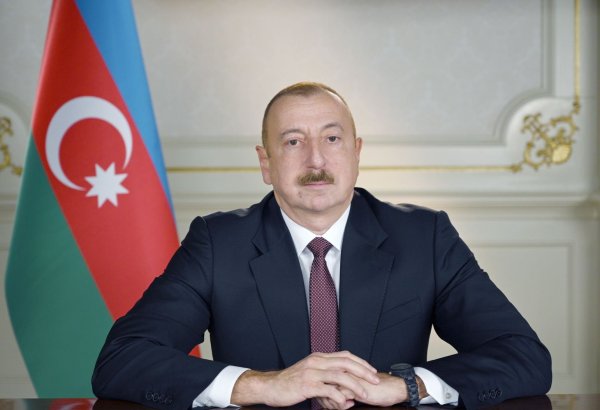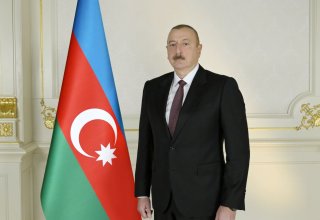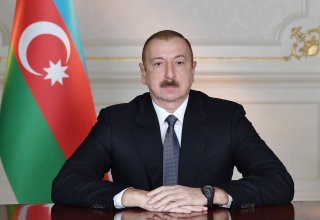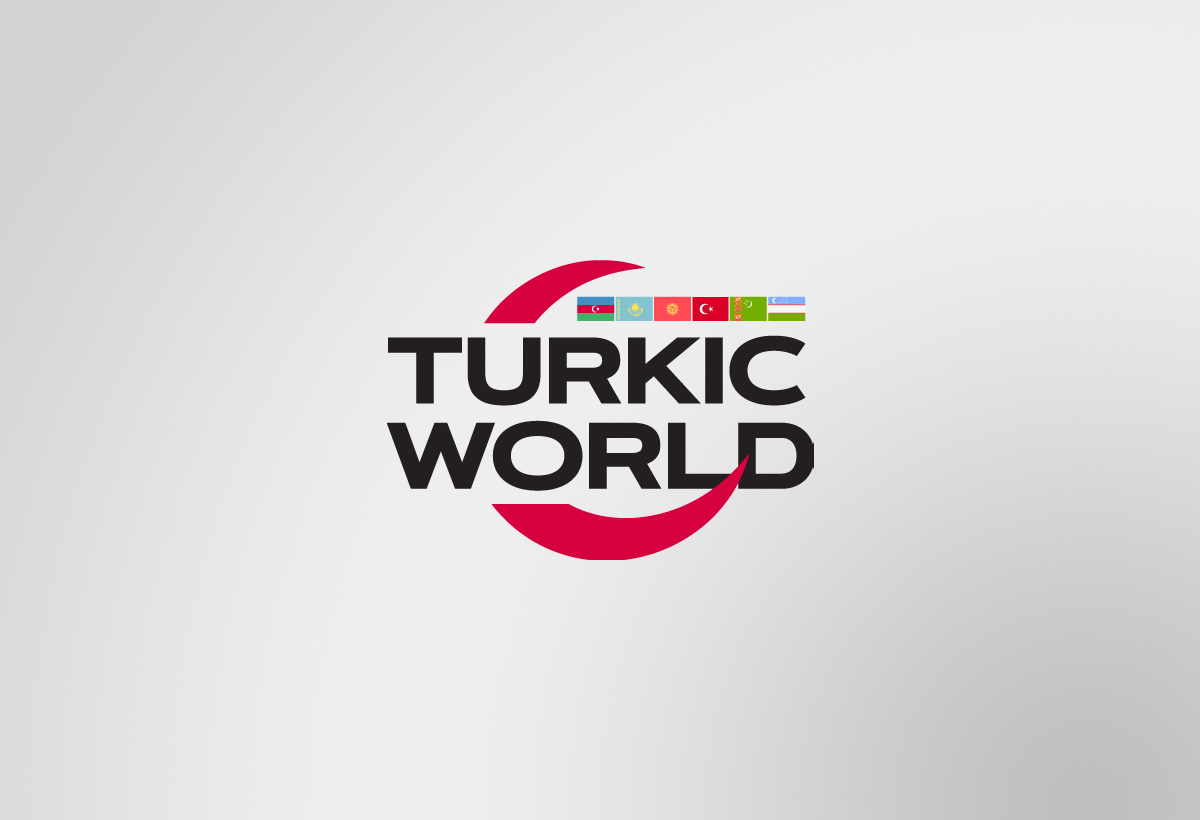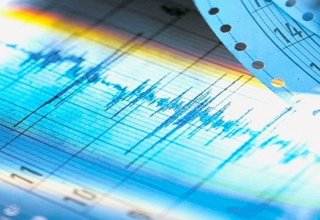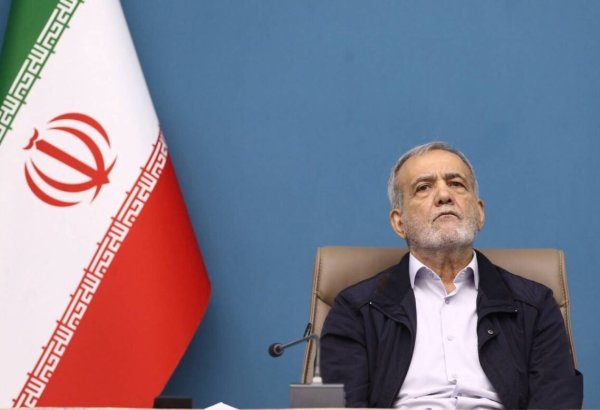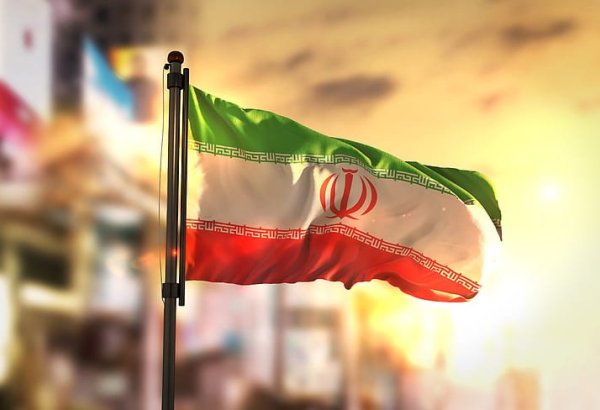BAKU, Azerbaijan, November 20. Iranian Foreign Minister Seyed Abbas Araghchi and Director General of the International Atomic Energy Agency Rafael Grossi noted the importance of continuing negotiations on conflict resolution, the statement of Iranian Foreign Ministers said on social media accounts, TurkicWorld reports.
The statement notes that a telephone conversation took place between the Iranian Foreign Minister and the IAEA Director General.
In the telephone conversation, the Iranian Foreign Minister and IAEA Director General noted the importance of refraining from non-constructive and counter strategies.
Iran's Foreign Minister has made it clear that the country is ready to roll up its sleeves and work hand in hand with the International Atomic Energy Agency, showing that they mean business when it comes to cooperation, and if the other side decides to throw a wrench in the works by backing a resolution at the International Atomic Energy Agency Board of Directors meeting, ignoring Iran's good intentions, Iran will respond accordingly.
This telephone conversation was preceded by the visit of IAEA Director General Rafael Grossi to Tehran on November 14, 2024, during which he engaged in discussions with numerous senior Iranian officials, including President Masoud Pezeshkian.
To recall, in January 2016, Iran and the P5+1 group (the US, Russia, China, the UK, France, and Germany) implemented the Comprehensive Joint Plan of Action concerning Iran’s nuclear program.
However, in May 2018, the US announced its withdrawal from the deal and reimposed sanctions on Iran.
Two years later, Iran responded to the sanctions by implementing a strategic plan in the nuclear sector to counter the sanctions. This decision was made by the Iranian parliament at the end of 2020, resulting in the suspension of additional measures and the Additional Protocol per the nuclear agreement.
Consequently, the International Atomic Energy Agency (IAEA) faced a reduction in monitoring capabilities by 20–30 percent.









